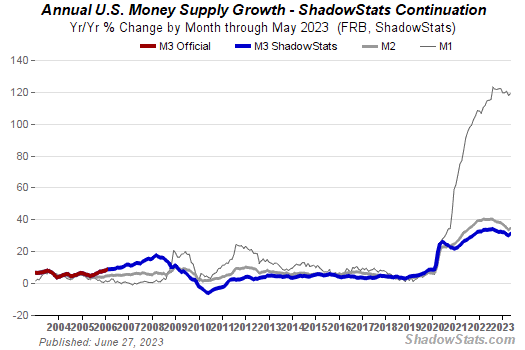V07768198309
Member
- Joined
- Sep 29, 2010
- Messages
- 57
- Reaction score
- 1
- Location
- Tel Aviv, Israel
- Gender
- Male
- Political Leaning
- Other
There are things they call businesses that would build your house and rent it for you either private businesses or businesses that belong to the emitting body but manageg by the people and whose purpose will not to make a profit but employ people and break even.
For example you would receive from the emitting body (taking the role of the Fed) 100000 monetary units to manage. You will have to manage it in a way that it breaks even and maximizes the wages you distribute. As a function of how you allocate that money, the results you will obtain you will receive an income. Because we are in a free market there will be necessarily corporations that will be willing to build your house and rent it out to you. Because of the low price of the rent (interest rate = 0%) and because you will receive a higher saliry (except if you work for a bank) you will be able to accumulate money and buy a house cash.
I believe that the simple idea that you must get indebted or need to buy a house or else you are not going to survive is ludicrous.
I have tried to explained my girl that she can get a credit to buy the candies she must have now she found that ridiculous. If she has the money to buy candies she buys if not she is a responsible person and does not buy.
But I guess you prefer to mortgage your future.
For example you would receive from the emitting body (taking the role of the Fed) 100000 monetary units to manage. You will have to manage it in a way that it breaks even and maximizes the wages you distribute. As a function of how you allocate that money, the results you will obtain you will receive an income. Because we are in a free market there will be necessarily corporations that will be willing to build your house and rent it out to you. Because of the low price of the rent (interest rate = 0%) and because you will receive a higher saliry (except if you work for a bank) you will be able to accumulate money and buy a house cash.
I believe that the simple idea that you must get indebted or need to buy a house or else you are not going to survive is ludicrous.
I have tried to explained my girl that she can get a credit to buy the candies she must have now she found that ridiculous. If she has the money to buy candies she buys if not she is a responsible person and does not buy.
But I guess you prefer to mortgage your future.

